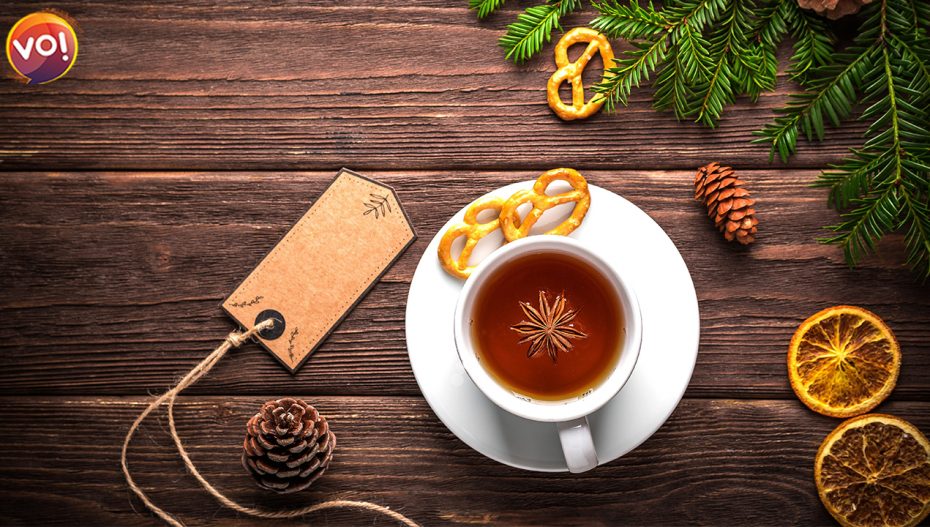My apologies to coffee lovers, but this one is all about tea. Today, May 21, 2022, being International Tea Day, it’s important to express what tea means to so many people. A cup of tea makes you feel upbeat, recharges the brain and energises you as no other beverage can.
Tea is a product of the Camellia sinensis plant. According to The Tea Enthusiast’s Handbook: A Guide to the World’s Best Teas, there are over 20,000 different teas in the world. But there are six major categories, depending on the type of tea leaves picked and the processing. They are black, oolong, green, white, yellow and pu-erh (a fermented tea consumed in China).
MAJOR TYPES:
Black tea accounts for 85% of the consumption of tea in the western world. The caffeine content of black tea is higher than other teas. Yet, it is half the amount contained in coffee. Green tea is processed such that the antioxidants are preserved. This gives it much-touted health benefits.
Oolong tea is light brown with a delicate flavour while white tea has low caffeine content, is even lighter in colour and mild in flavour. It is packed with antioxidants and is best had without additives. Yellow tea is commonly consumed in China. Tea tasting, like wine tasting, is quite an art and a profession too.
Globally, two of the most popular black teas are the fragrant Earl Grey and the invigorating English Breakfast flavours. Among the Indian varieties, are teas from Assam, Darjeeling, and the estates in the Nilgiris.
Herbal infusions called tisanes are sometimes confused for teas but they do not contain tea. Popular tisanes are chamomile, peppermint, lemongrass, hibiscus, mint, cinnamon, ginger, cardamom, fennel and apple.
A Toast To Health
Both caffeinated and herbal teas contain natural substances called polyphenols which are antioxidants that may help reduce the risk of certain chronic diseases. A review of research published in 2016 concluded that consuming one to three cups of green tea a day can reduce the risk of heart attack by 20% and stroke by 35%.
The website webmd.com reports that tea may help combat cancer, heart disease and diabetes. In addition, it could aid in weight loss, lower cholesterol, and has antimicrobial qualities, apart from promoting mental alertness. Tulsi tea is known to boost immunity and have antibacterial, anti-fungal and anti-inflammatory properties while ginger tea reduces nausea. Herbal teas, especially chamomile, can be help people having irritable bowel syndrome and poor sleep.
To each his own cup
In UK, tea is brewed in a pot and cold milk and sugar are added before drinking it. Matcha is the powdered form of high-quality green tea which is drunk in the traditional Japanese tea ceremony. Tea infused with the aroma of jasmine flowers is very popular in China.
Two exotic Indian tea preparations are butter tea and kahwa. Butter tea or ‘gur gur chai’, made from tea leaves, yak milk butter and salt, is drunk widely in Ladakh and Sikkim. Kashmiri kahwa contains green tea leaves, cinnamon, cardamom, saffron, dried rose petals, slivers of almonds and honey. Sounds delicious, doesn’t it?
India’s masala chai is known the world over. It is simply black tea with milk, sugar and spices like cardamom, cinnamon and ginger. Sometimes, tea is sold in a kulhad (small mud pot) in India which adds a special earthy flavour.
Tea drinking in India is closely linked to socialising. At any time of the day, you will find people of all ages gathered around a kitli (small tea shop in Gujarat) sipping small cup of piping hot tea and chit-chatting.
Read Also: Vanishing Pickle Jars And A Hoary History












